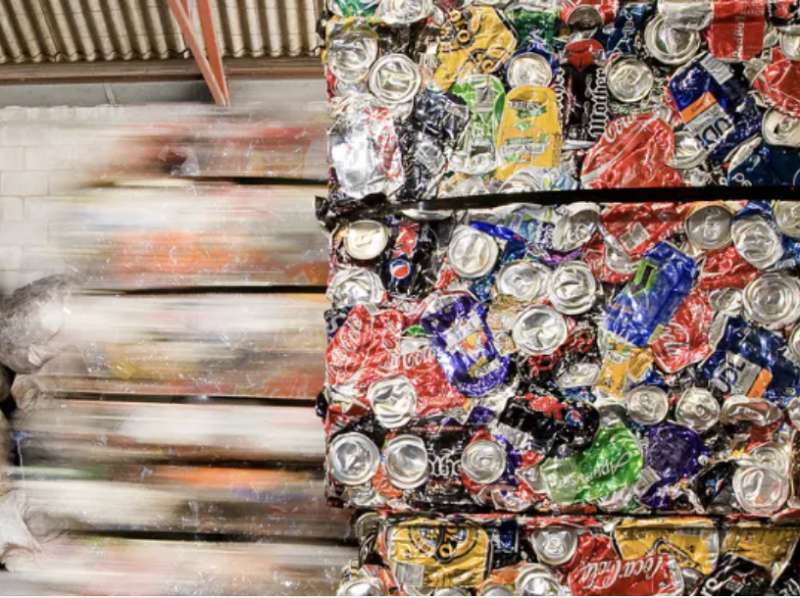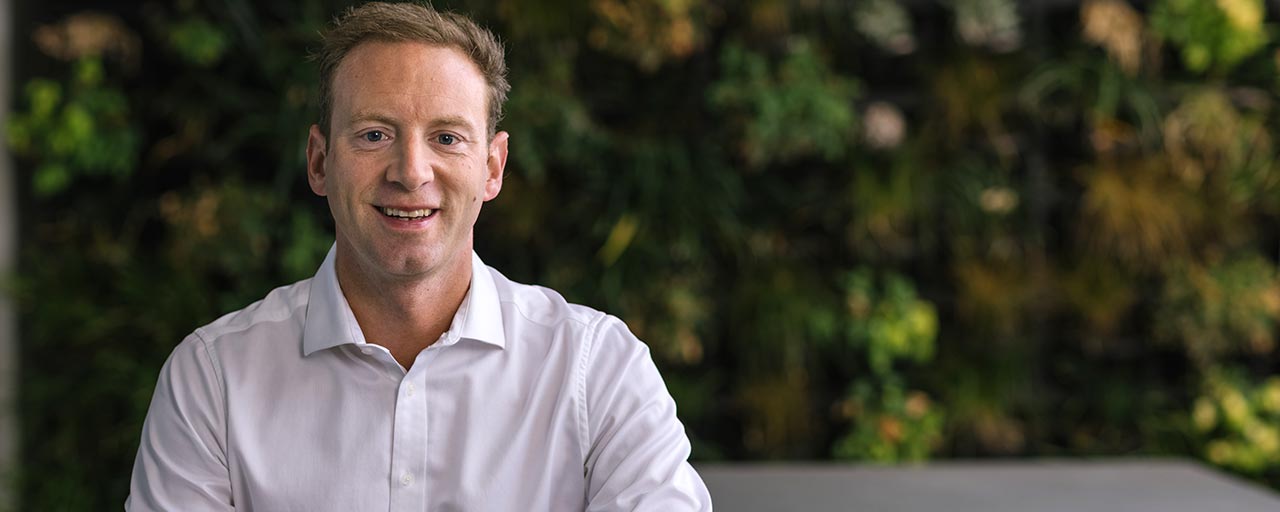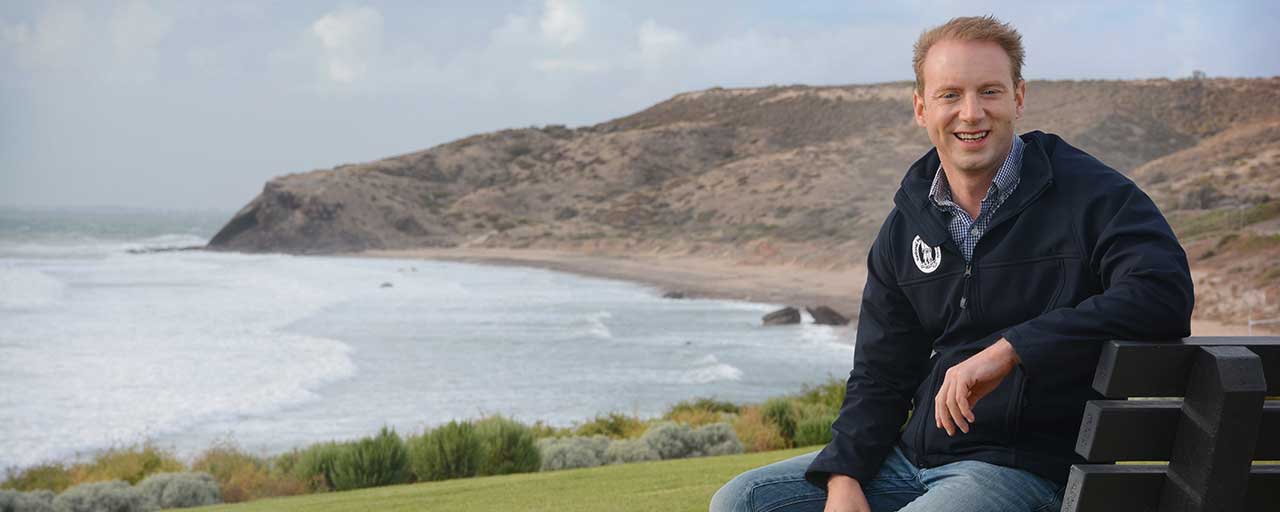Strengthening SA’s container deposit scheme

MEDIA RELEASE
Tens of millions more beverage containers could be recycled per year, creating more than $70 million in economic benefit and 120 new jobs under a potential revamp of South Australia’s historic Container Deposit Scheme.
The Marshall Liberal Government has today released a discussion paper which looks at improving how the Container Deposit Scheme is managed and delivered as well as possibly expanding the range of containers accepted.
Minister for Environment and Water David Speirs said a container deposit scheme review shows South Australia can increase the recovery and recycling of beverage containers to boost the local remanufacturing industry and maintain leadership in this iconic and much-loved scheme.
“South Australia led the way when it introduced Australia’s first container deposit scheme 44 years ago, but much has changed since then, including new technologies, and the community’s desire and ability to recycle more container materials,” Minister Speirs said.
“More than 600 million beverage containers are returned by South Australians each year under the CDS, resulting in one of the most effective CDS systems in the world, with beverage containers accounting for less than three per cent of litter items in the state.
“The Marshall Liberal Government is committed to optimising container recovery and recycling and bringing the system into the digital era to improve efficiency of the system with early estimates showing a further 70 million beverage containers a year could be recycled.
“The review also considered options to improve the kerbside collection system. Glass in particular in the kerbside system was shown to be problematic, as it breaks and contaminates other recyclables, with only a very small amount of glass in the yellow kerbside bins being recovered for high value glass manufacturing, which is a significant cost impost on recycling systems.
“Diverting breakable beverage containers away from the kerbside system and through the CDS would substantially reduce costs for council rate payers and improve the efficiency of high-value recovery for beverage glass materials, improving recycling and creating remanufacturing jobs.
“We will work closely with beverage manufacturers and recycling organisations during this process, carefully engaging them on how the CDS will look in the future and relying on their insight and experience to modernise the system. This will be a methodical, careful process with no surprises and appropriate transition timelines put in place.”
A proposed two-staged approach to strengthen the CDS focuses first on introducing needed digital reforms and to improve how the scheme is managed, enabling better service experience for the community, making it easier to participate, and to reduce scheme costs for beverage producers.
The second stage will consider opportunities to expand the scope of containers in the scheme to improve recovery and consistency with existing beverage containers already in the scheme.
“It is also planned to address current inconsistencies in beverage containers that are included in the scheme and those that are not. For example pure fruit juice in containers over 1 litre are not included, whereas ‘fruit drinks’ up to 3 litres are included.
“Addressing such anomalies, would make it simpler for the community to participate and easier for depot operators to accept and sort beverage containers and provide refunds.”
The proposed improvements also include introducing better systems to make it easier for not-for-profit and community groups to participate, as well as making it simpler for the South Australian’s to receive their deposit refunds electronically or donate their refunds to charitable organisations.
The review of the CDS began in January 2019 with the release of the Improving South Australia's Recycling Makes Cents scoping paper for community, industry and stakeholder consultation.
More than 1170 responses were considered in the development of the options presented in the discussion paper.
The discussion paper is available here: Improving South Australia's recycling makes cents | YourSAy



